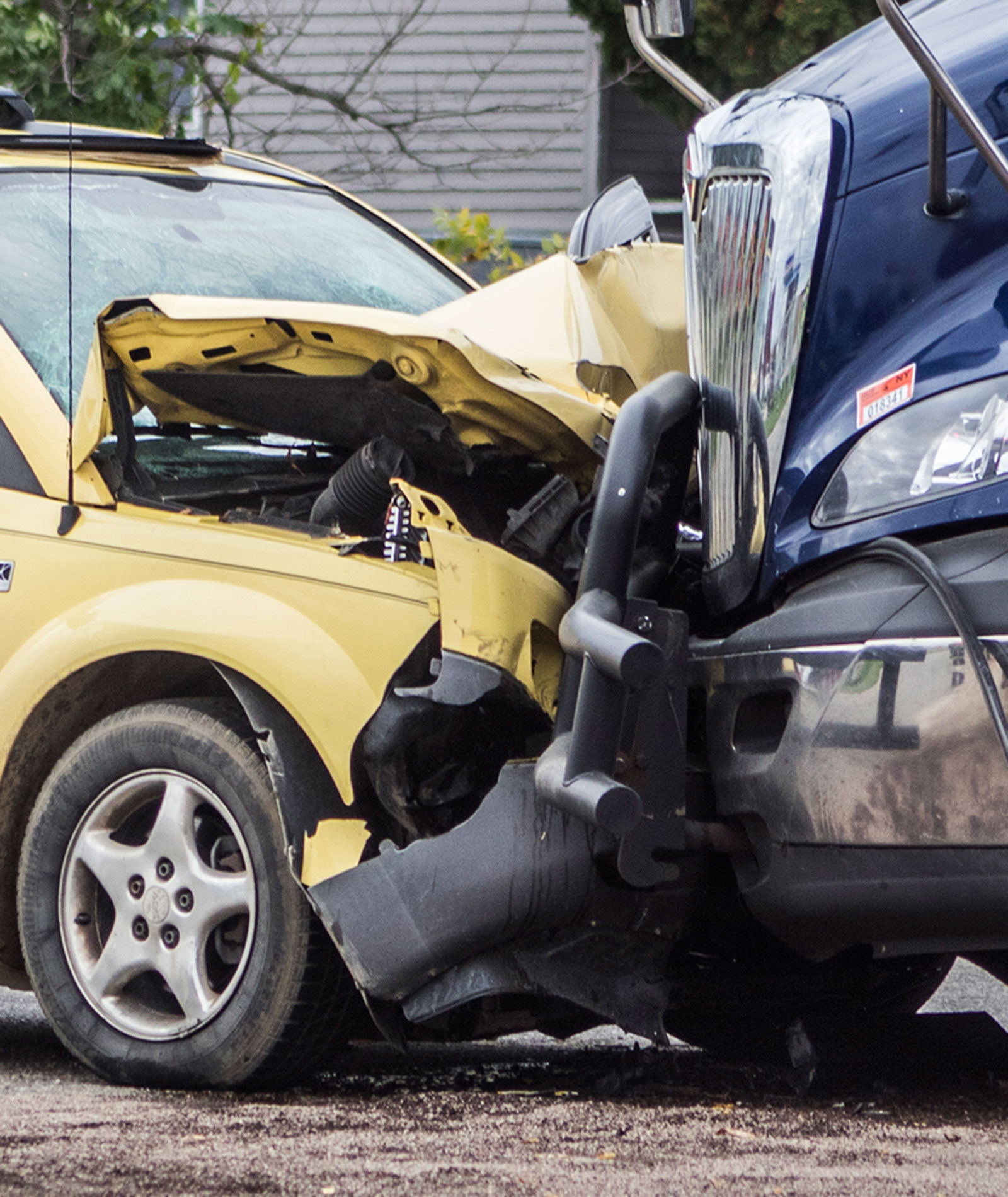Florida Wrongful Death Car Accident Case Reveals Proper Time to File An Action Against an Auto Insurance Company

When a car accident happens, it is important that you or your loved ones first receive the medical attention needed. One of the next steps is locating money to help pay medical bills and daily expenses. Often, this begins with filing a claim with your own automobile insurance company and with the insurance company of the at-fault party, if they have insurance. Personal Injury Protection provides some funds but often falls very short of the amounts needed to cover related expenses.
After claims are filed, the insurance company stands in place of the policy-holder during the negotiation between insurance companies and indemnifies the at-fault party if the suit is filed in civil court. This relationship is guided by statutes and case law, and insurance companies must follow their obligations under the law. If the insurance company fails to do so, additional damages may be owed to the policy-holder and the injured person.
In Geico Gen. Ins. Co.v. Lepine (2D14-5903), the Florida Second District Court of Appeals considered the question of whether or not it was appropriate for the widow of the deceased accident victim to add a claim against the insurance company to the claims against the at-fault driver. The widow alleged the insurance company for the negligent driver agreed to pay the policy limits of $100,000. The insurance company later refused to pay, and the widow decided to sue the at-fault driver and the insurance company. Three of the four counts alleged in her case were against the at-fault driver, but one was against the insurance company for a breach of contract claim.
The insurance company asked the trial court to dismiss this count, pointing to Florida’s nonjoinder statute, which prohibits the plaintiff from adding insurers as parties to a lawsuit until a settlement or verdict is reached with the person who is insured. The insurer may be added later for the purposes of entering the final judgment or enforcing the settlement, but it is supposed to remain a “background” participant in the event the case goes to trial. The legislators’ concern was with the jurors who may become distracted from the questions of negligence and fault, and may be willing to find for the injured party simply because they know an insurance company will be paying for it and not the alleged at-fault party.
The trial court refused to dismiss the action against the third party, concluding that the count against the insurance company was essentially a motion to enforce a settlement. The Court of Appeals looked at two prior cases with similar facts in which there were oral promises made by insurance agents to the injured party. In the more recent decision, the Second District determined that the alleged settlement offer was not a new action that fell outside the nonjoinder statute. Following its prior ruling, the Court of Appeal reversed the trial court’s refusal to dismiss. The court ruled that the injured person could not join the insurance company now but must wait until a judgment or settlement with the at-fault party was reached.
The Florida car accident attorneys at Donaldson and Weston are here to help you with your case. Insurance companies want to limit damages paid to injured people, but our lawyers have the experience you need to maximize the damages you deserve. Call today at 772-266-5555.
More Blog Posts:
What Are the Effects of Brain Injury After an Accident?, South Florida Injury Lawyer Blog, July 31, 2015
Are Your Children At Risk for Playground Injury?, South Florida Injury Lawyer Blog, July 10, 2015
